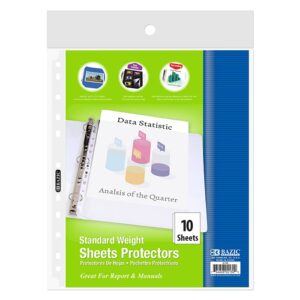Working from home has many benefits. That travel time is unbeatable! But staying focused on work may be difficult when your dog is howling, your kids are squabbling, and you’re distracted by the huge mound of laundry that still has to be done. In fact, according to a recent poll, 53% of newly remote workers had difficulties separating their professional and personal life.
This post will provide you with suggestions for reducing noise in your home office.
1. You should soundproof your home office.
It’s difficult to concentrate in your home office when you can hear your kids bickering over a Lego piece five feet away. Fortunately, there are several methods for reducing outside noise.
2. Change from a hollow-core to a solid-core door.
Because hollow-core doors are less expensive, they are used in many homes. However, with nothing but air between the panels, sound may easily pass through. A solid-core wood door is made out of a mix of wood and synthetic wood composites. This adds sound insulation without raising the price—you can usually buy one for about $100.
3. Purchase a rug.
Sound is reflected rather than absorbed by bare flooring. When sound reflects, it echoes or produces a reverberating sound, which may be annoying. Those sound waves are absorbed by a rug, dulling the loudness. If wall-to-wall carpeting is out of the question, consider investing in a few throw rugs. It will not only enhance the acoustic quality of your workplace but with so many throw rugs to select from, it will also give a touch of design to your room.
4. Fill any cracks in the walls.
A wall separating rooms plainly stops sound, but when there are gaps in the wall, noises from the adjacent room can get through more readily. These holes are frequently seen near outlets or ducts. To lessen outside noise, use all-purpose caulk to seal gaps.
5. Air vents should be soundproofed.
Sounds from neighboring rooms can pass via vents, possibly undermining all of your soundproofing efforts. Acoustic foam can be used to lessen noise coming via air vents. If you no longer require the vent, you may completely block it by placing a cover.
6. Purchase a “do not disturb” sign.
Get a “Do Not Disturb” sign for your office in the style of your kids’ “KEEP OUT!” sign. Better still, get your children to make one for you. Explain the rules: You are not to be bothered while the sign is on your door.
7. Purchase a white noise machine.
A white noise machine masks distracting noises that might make it difficult to focus by delivering a constant stream of relaxing sounds such as ocean waves or rain. This is a low-cost solution for noise reduction, with many white noise devices costing less than $50.
8. Purchase noise-canceling headphones.
Noise-canceling headphones can help you stay focused by filtering out distracting noise. They can also help you avoid those embarrassing Zoom moments when your dog barks, the oven timer goes off, and your heating turns on all at the same time. Make an investment in a pair of headphones that are comfortable, have decenoise-canceling qualities, and can be used as a headset for making calls.
9. Think about hiring a coworking space.
If your house does not have a quieter place, or if your children/dog/roommate/washing machine are too distracting, try hiring a coworking space. Different firms provide various deals, ranging from drop-ins per day to office sharing to a dedicated workstation.
10. Bring your laptop to the library.
If you don’t have any critical customer information and your IT staff approves, consider working from a public library. They’re peaceful, feature free Wi-Fi, and smell like books. If that’s not your scene, or if you need more caffeine, go to a neighborhood coffee shop or café.
Final Thoughts
Working from home offers both advantages and disadvantages. Soundproofing your house and finding strategies to decrease distractions will help you improve your job and lower your stress level.







